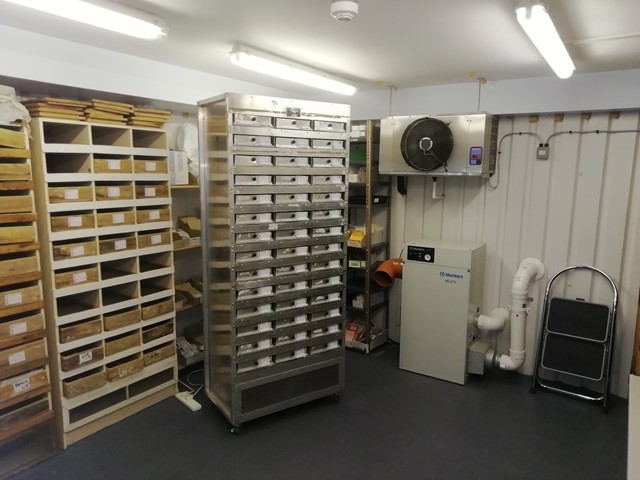Replacing obsolete dehumidifier improves energy efficiency at Floranova

Munters, global leaders in climate control, recently replaced an obsolete desiccant dehumidifier with a more energy efficient solution at Floranova.
The company is a specialist in the breeding and supply of ornamental F1 hybrid plants and open pollinated seeds. For over 30 years, a Munters MD300 dehumidifier controlled humidity in their most critical seed store. “The biggest issue is humidity” says Stuart Walpole, Process Manager at Floranova. Creating the right environment is essential to prevent any germination or damage ahead of shipping and planting. With the MD300 now obsolete, Munters recommended and supplied an ML270 desiccant dehumidifier as the most suitable alternative.
“Reliability is key” says Stuart. “We opted for a direct replacement and didn’t even consider using anyone else. This is our most critical storage area, and as such we need a system we can trust. We know we can rely on the Munters units.” The temperature in this store is maintained to 12-15°C, with the ML270 maintaining relative humidity to 27-33%.
Stuart summaries “Overall I’m really impressed. The new system is far more energy efficient. It easily does exactly what it’s required to do, and it is exceptionally reliable. It maintains consistent conditions. I’m very happy”.








